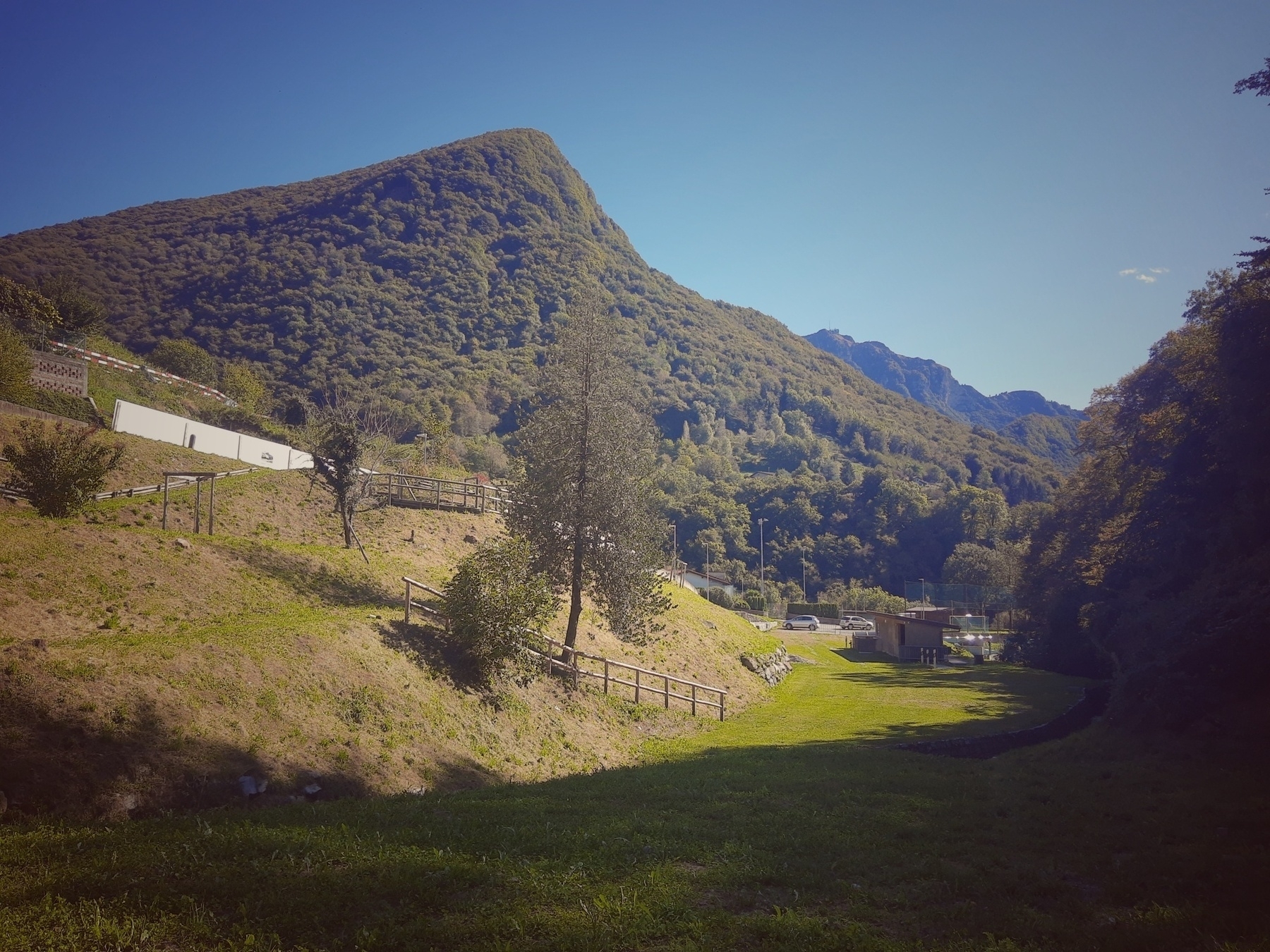Immerso nella natura

Immerso nella natura

Anche io sono tra coloro che verranno colpiti dalle nuove tariffe Netflix. Il costo del mio piano diventerà automaticamente più economico, ma verrà infarcito da pubblicità. La piattaforma prevede di guadagnare sempre di più con le inserzioni rispetto agli abbonamenti. Un trend che vedremo altrove. 🤬
Riflessi sullo stagno

Vigneti 🍇

Ci sono cose di cui non conosci l’utilità fino a quando non le scopri, sitigov.boostmedia.it è una di queste! Si tratta di un portale che contiene l’elenco dei siti governativi, utilissimo in molte situazioni. Da oggi trovate questo servizio all’interno della directory Librezilla. ✌️
Qualcuno usa XING? La si può considerare come valida alternativa europea a LinkedIn?
Grazie per condividere questo mio post così da poter raggiungere più persone e capire se aggiungerlo tra i servizi alternativi europei.
Non penso che l’arrivo delle citazioni possa giocare un ruolo rilevante nel risollevare Mastodon. Credo invece molto di più nell’importanza del lavoro degli amministratori nel mantenere il proprio server un luogo accogliente e di quello degli utenti nel condividere contenuti di qualità.
Dal 3 Novembre LinkedIn utilizzerà i dati degli utenti per addestrare l’intelligenza artificiale. Se siete utenti LinkedIn per evitarlo dovete fare opt-out da qui: Impostazioni > Privacy dei dati > Dati per migliorare l’IA generativa.
Fatelo subito!
Incontrare un proprio conoscente con indosso occhiali Ray Ban Meta Display e non avere idea se sta guardando te o il display integrato nelle lenti.
Questo è qualcosa a cui forse dovremo presto abituarci… 🙄
L‘emergente difficoltà ad accettare idee diverse dalle proprie è alimentata dalle bolle informative dei social network delle Big Tech. Algoritmi che favoriscono polemiche e dissidi, anziché il dialogo costruttivo tra gli utenti.